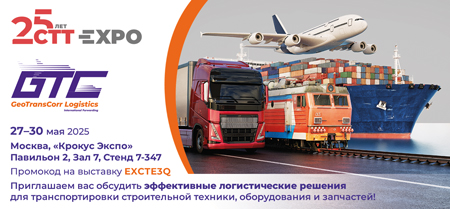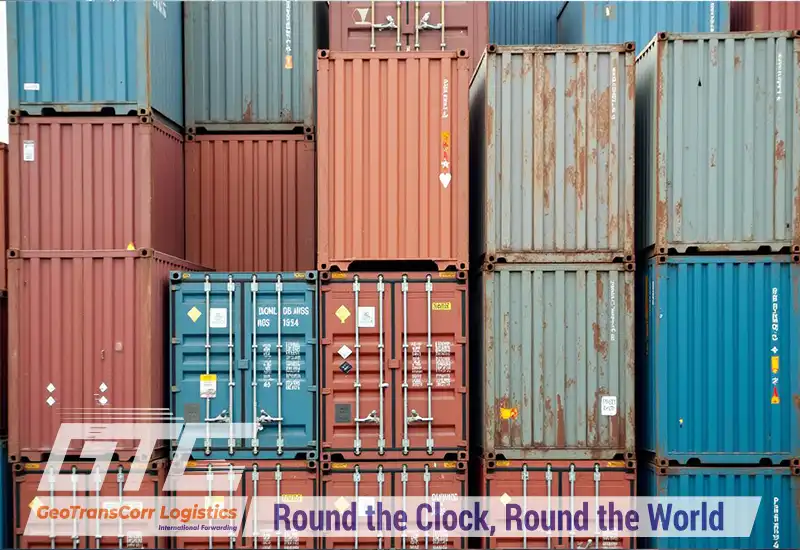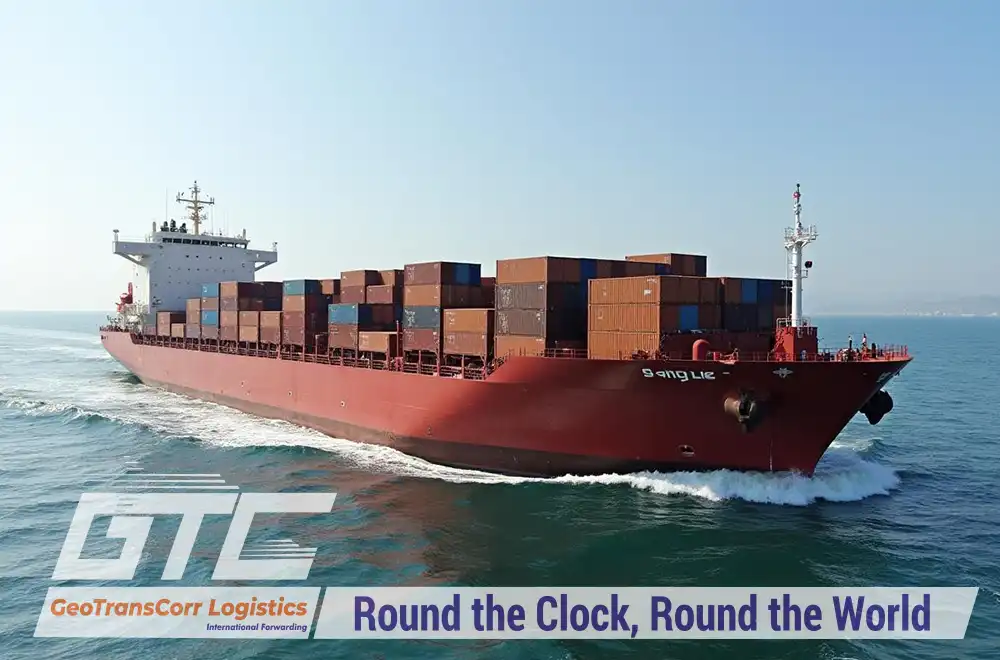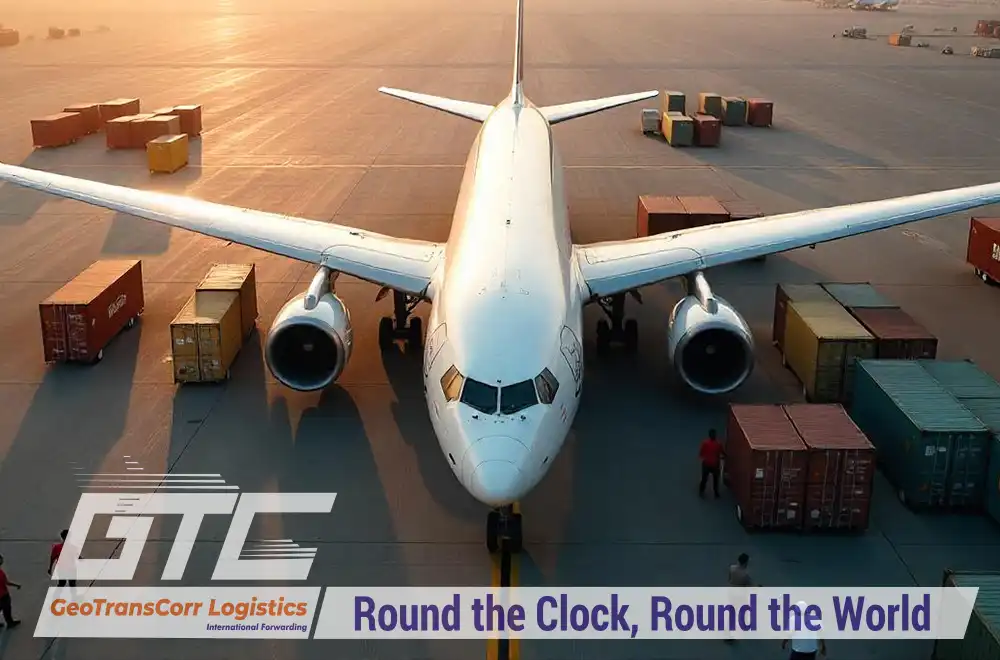This blog post explores the key trends shaping Russia’s transportation landscape, offering insights into what lies ahead and how these developments could impact domestic and international stakeholders.
Join us as we delve into the exciting developments and prospects of Russia’s transport sector, highlighting the trends set to redefine mobility in this vast Eurasian nation.
Introduction
Transportation is pivotal in Russia’s vast and diverse landscape, connecting its sprawling cities, industrial hubs, and remote regions. As one of the largest countries in the world, spanning eleven time zones and encompassing various geographical challenges, Russia’s transport infrastructure is a critical lifeline for economic growth and societal development. In recent years, the country has been witnessing significant transformations in its transportation sector, driven by technological advancements, policy reforms, and ambitious infrastructure projects.
Staying informed about the latest trends in Russian transport is crucial for understanding the evolving dynamics of this vital sector. From modernizing aging infrastructure to embracing sustainable transport solutions, Russia is at a crossroads of change that promises challenges and opportunities.
Infrastructure Developments
Russia’s vast geography and diverse economic activities necessitate continuous investment and development in its transportation infrastructure. Key areas of focus include:
- Road Networks: The expansion and modernization of Russia’s road network are critical for improving connectivity between major cities and remote regions. Efforts are underway to upgrade existing highways and construct new routes, enhancing transportation efficiency and safety.
- Railway Systems: Modernizing Russia’s extensive railway network remains a priority, with initiatives aimed at increasing capacity, upgrading tracks for higher speeds, and electrifying routes. This includes the development of high-speed rail corridors to facilitate faster and more efficient passenger and freight transportation.
- Ports and Maritime Infrastructure: Russia’s extensive coastline and access to major waterways make maritime infrastructure crucial for international trade. Investments are directed towards expanding port capacities, improving logistics efficiency, and integrating with global shipping networks.
- Air Transport: Enhancing airport infrastructure to accommodate growing domestic and international air traffic is a key focus. This includes expanding terminal capacities, upgrading air traffic control systems, and improving connectivity between airports and urban centers.
- Infrastructure for Special Economic Zones: The development of infrastructure tailored for special economic zones (SEZs) is pivotal in attracting investment and fostering economic growth in designated regions. This includes provisions for efficient transportation of goods and services within these zones.
The goal of these infrastructural developments is not only to strengthen Russia’s economic competitiveness but also to address the logistical challenges posed by Russia’s expansive territory. Continued investment in modern infrastructure is essential for sustaining growth and facilitating seamless connectivity across the country.

Technological Advancements
Technological innovation is revolutionizing Russia’s transportation sector, introducing efficiency gains and sustainability measures across various domains:
- Integration of AI and Automation: The integration of Artificial Intelligence (AI) and automation technologies is reshaping transportation systems in Russia. AI-powered systems are being employed for traffic management, predictive maintenance of infrastructure, and optimizing logistics operations. Automation in vehicle control systems, such as autonomous driving technologies, is also gaining traction, promising safer and more efficient transport solutions.
- Adoption of Electric and Hybrid Vehicles: In response to global trends toward sustainability, Russia is increasingly adopting electric and hybrid vehicles (EVs). Government incentives and infrastructure developments, such as charging stations, are promoting the transition towards cleaner transport options. This shift not only reduces carbon emissions but also decreases dependency on fossil fuels, aligning with international environmental standards.
- Innovations in Logistics and Supply Chain Management: Innovations in logistics and supply chain management are enhancing efficiency and reliability in Russia’s transport networks. Technologies like blockchain for transparent supply chain tracking, IoT (Internet of Things) for real-time monitoring of cargo, and advanced analytics for route optimization are optimizing the movement of goods across vast distances. These innovations are crucial for improving delivery times, reducing costs, and minimizing environmental impact.
These technological advancements underscore Russia’s commitment to modernizing its transportation infrastructure while addressing environmental concerns and enhancing operational efficiency. Embracing these innovations is key to fostering sustainable growth and maintaining competitiveness in the global transportation landscape.
Policy and Regulations
Effective policies and regulations play a pivotal role in shaping Russia’s transport sector, influencing sustainability, growth, and infrastructure development:
- Government Initiatives to Promote Sustainable Transportation: The Russian government has launched various initiatives to promote sustainable transportation practices. These include incentives for adopting electric vehicles, subsidies for renewable energy sources in transport, and regulations aimed at reducing emissions from vehicles and industrial transport. Such initiatives aim to mitigate environmental impact while supporting Russia’s commitment to international climate agreements.
- Regulatory Changes Impacting Transport Sector Growth: Recent regulatory changes have had significant implications for the transport sector in Russia. This includes reforms in transportation licensing, safety standards for vehicles and infrastructure, and regulations governing international transport operations. Regulatory updates often aim to streamline processes, enhance safety measures, and align with European Union standards, facilitating smoother integration into global markets.
- Public-Private Partnerships in Infrastructure Development: Public-private partnerships (PPPs) are increasingly utilized to accelerate infrastructure development in Russia. These partnerships involve collaboration between government entities and private sector companies to finance, build, and operate transportation infrastructure projects. PPPs not only mobilize private investment but also bring expertise and innovation, contributing to the modernization of transport networks across the country.
These policy and regulatory frameworks are crucial for fostering a competitive and sustainable transport sector in Russia. By promoting innovation, efficiency, and environmental stewardship, these initiatives aim to address current challenges and position Russia as a leader in modern transportation infrastructure.
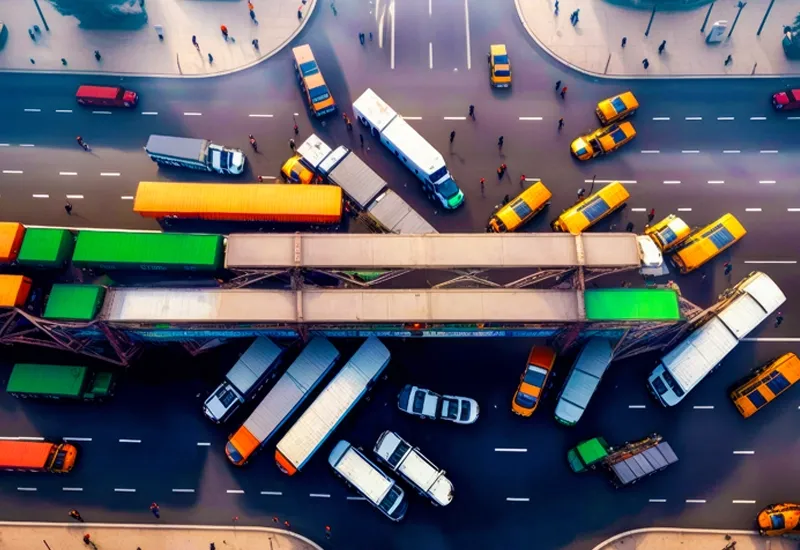
Challenges and Opportunities
Russia’s transport sector faces a mix of challenges and opportunities as it navigates towards modernization. Challenges include the vast geographical expanse, which demands extensive infrastructure development and maintenance, logistical complexities in remote regions, and environmental concerns amidst a shift towards sustainable practices. However, these challenges present opportunities for innovation in technology and infrastructure, enhanced connectivity through digital solutions, and the potential for economic growth through strategic partnerships and investment. Embracing these opportunities while addressing challenges will be crucial in shaping a resilient and efficient transport landscape that supports Russia’s socioeconomic development goals in the coming years.
Future Outlook
The Russian transport sector is ready for revolutionary changes with technological advances and strategic investments. The focus will likely remain on enhancing infrastructure resilience, expanding connectivity across regions, and adopting sustainable transport solutions to mitigate environmental impact. Innovations in AI, electric vehicles, and smart city technologies are expected to play pivotal roles in shaping the future of transportation, promising improved efficiency, safety, and convenience for both passengers and freight. Moreover, continued integration into global transport networks and strategic partnerships will position Russia to capitalize on emerging opportunities in the evolving global economy. As these developments unfold, the outlook for Russia’s transport sector appears promising, with potential for significant advancements and positive economic impact nationwide.
GTC’s Role in Advancing Russia’s Logistics Landscape
GTC is a leading freight forwarding company based in Russia, specializing in facilitating the efficient and reliable movement of goods across domestic and international markets. With a strong emphasis on logistics solutions, GTC plays a vital role in navigating the complexities of Russia’s transport and logistics landscape. The company leverages its extensive network and expertise to offer comprehensive services that include freight forwarding, customs clearance, warehousing, and distribution. GTC’s commitment to innovation is evident in its adoption of advanced technologies to optimize supply chain processes and ensure seamless delivery of goods. As a key player in the industry, GTC not only supports the operational needs of businesses but also contributes to the ongoing development and modernization of Russia’s logistics infrastructure.
Conclusion
In conclusion, the evolving trends in Russia’s transportation and logistics sectors reflect a dynamic landscape poised for significant advancements. From the integration of AI and automation to the adoption of sustainable transport solutions and the development of smart cities, Russia is at the forefront of embracing innovation to enhance connectivity, efficiency, and environmental sustainability.
Looking ahead, continued investment in technology, policy reforms, and strategic partnerships will be crucial in navigating challenges and seizing opportunities for growth in Russia’s transport and logistics sectors.
By staying attuned to these trends, stakeholders can position themselves to harness the full potential of this evolving landscape, ensuring a sustainable and prosperous future for Russia’s transportation ecosystem.

